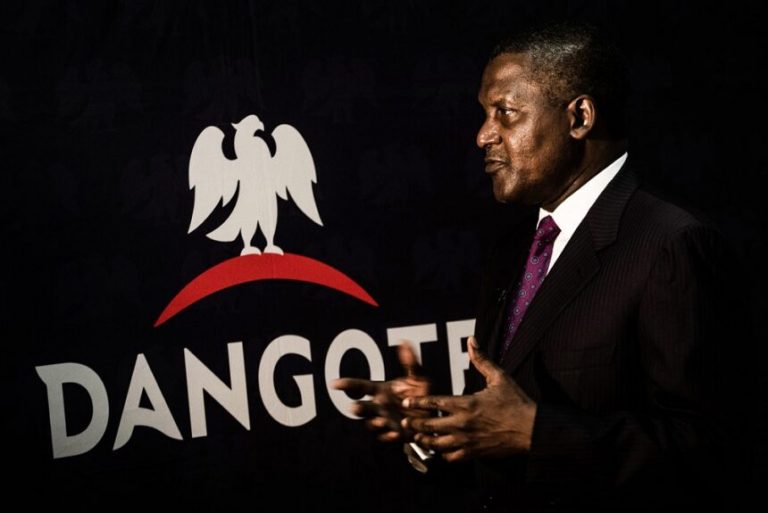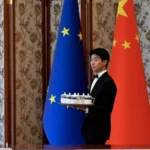Fuel Market Tensions Grow as Dangote Refinery Faces Criticism Over Pricing, Access Barriers

Mounting frustrations among petroleum marketers are shining a spotlight on the Dangote Refinery’s operational model, as stakeholders in Nigeria’s downstream oil sector decry what they call restrictive pricing strategies and port-related charges that undercut local competitiveness.
At the recently concluded West African Refined Products Pricing and Market Development Conference in Abuja, industry leaders voiced concerns over the refinery’s cost structure, which they say is discouraging domestic product uptake and fueling continued reliance on cheaper, imported fuels many of questionable quality.
Aliko Dangote, President of the Dangote Group, raised the alarm over multiple levies imposed at both loading and discharge points when sourcing fuel from his $20 billion refinery in Lekki. These charges, he argued, make it more expensive for marketers to lift petroleum products locally than from offshore storage facilities in countries like Togo, where only single-point discharge fees apply.
“This pricing framework is not only unfair, it’s counterproductive,” Dangote warned, noting that such a system makes it more appealing for marketers to import rather than refine locally, undermining Nigeria’s drive toward fuel self-sufficiency.
However, the Independent Petroleum Marketers Association of Nigeria (IPMAN) offered a slightly different view. Its spokesperson, Chinedu Ukadike, noted that many local marketers still benefit from loading within Nigeria, especially via gantry systems, which help avoid numerous international and coastal clearance fees.
“The challenge may not apply across the board,” Ukadike said in a phone interview. “Local loading still offers some cost efficiencies, particularly when using interstate logistics rather than international role
Even so, marketers are growing increasingly wary of what they describe as an opaque sales structure at the Dangote Refinery.
The Depot and Petroleum Products Marketers Association of Nigeria (DAPPMAN), represented by its Executive Secretary, Olufemi Adewole, criticized the refinery’s approach as limiting open access.
“You don’t get the price until after clearance,” Adewole revealed. “This method locks out smaller, independent marketers who rely on flexible, upfront pricing to compete.”
Adding to the regulatory debate, Clement Isong, Executive Secretary of the Major Energy Marketers Association of Nigeria, warned that without oversight, Dangote’s market dominance could evolve into an unhealthy monopoly.
“While investors should benefit from their risks, there comes a point where regulators must ensure a level playing field,” Isong said. “Once a single operator controls too much of the market, competition disappears.”
Analysts say the ongoing challenges underscore the urgent need for regulatory reform and transparent pricing mechanisms to avoid creating a lopsided downstream oil sector—one that could hurt both consumers and smaller industry players in the long term.









